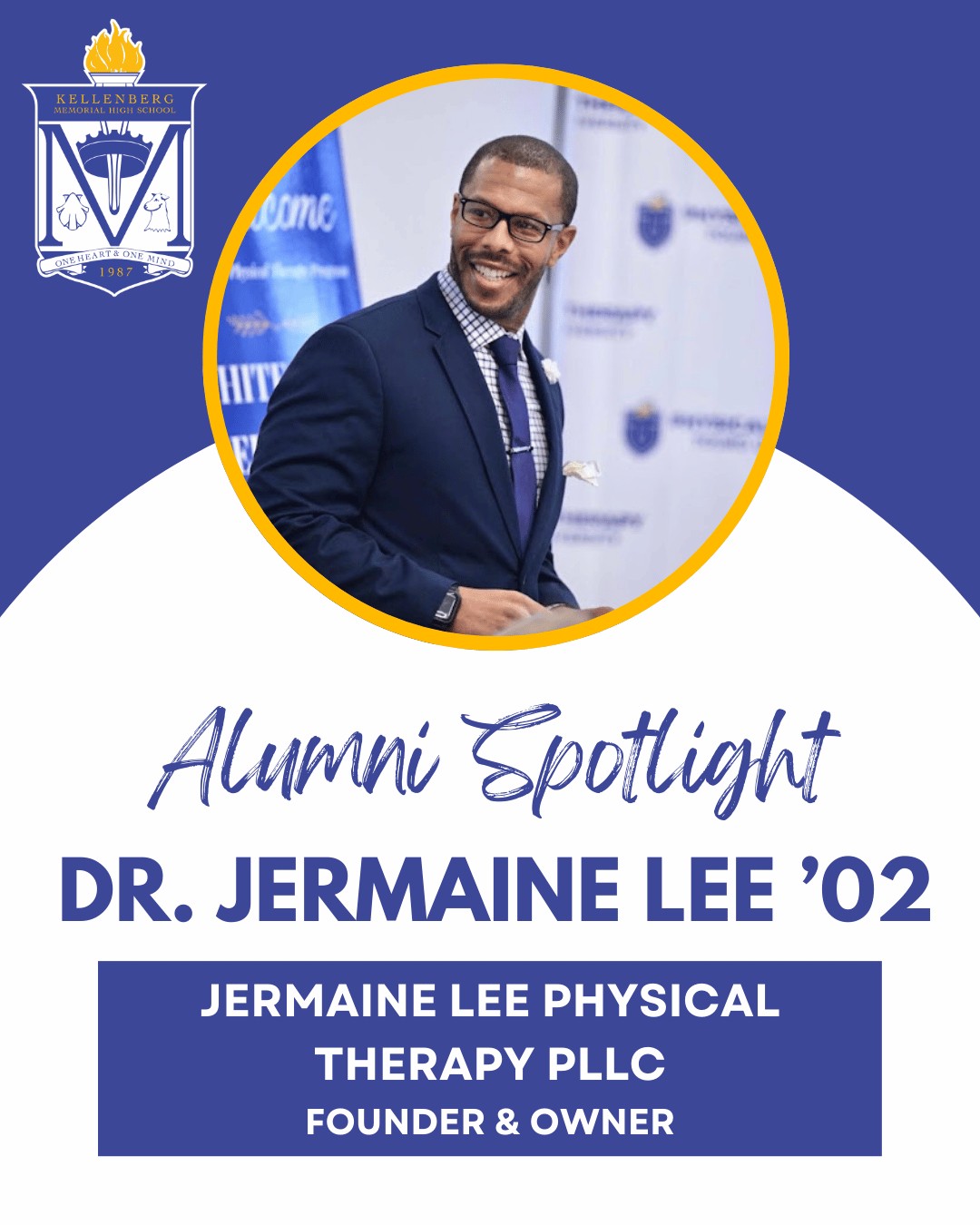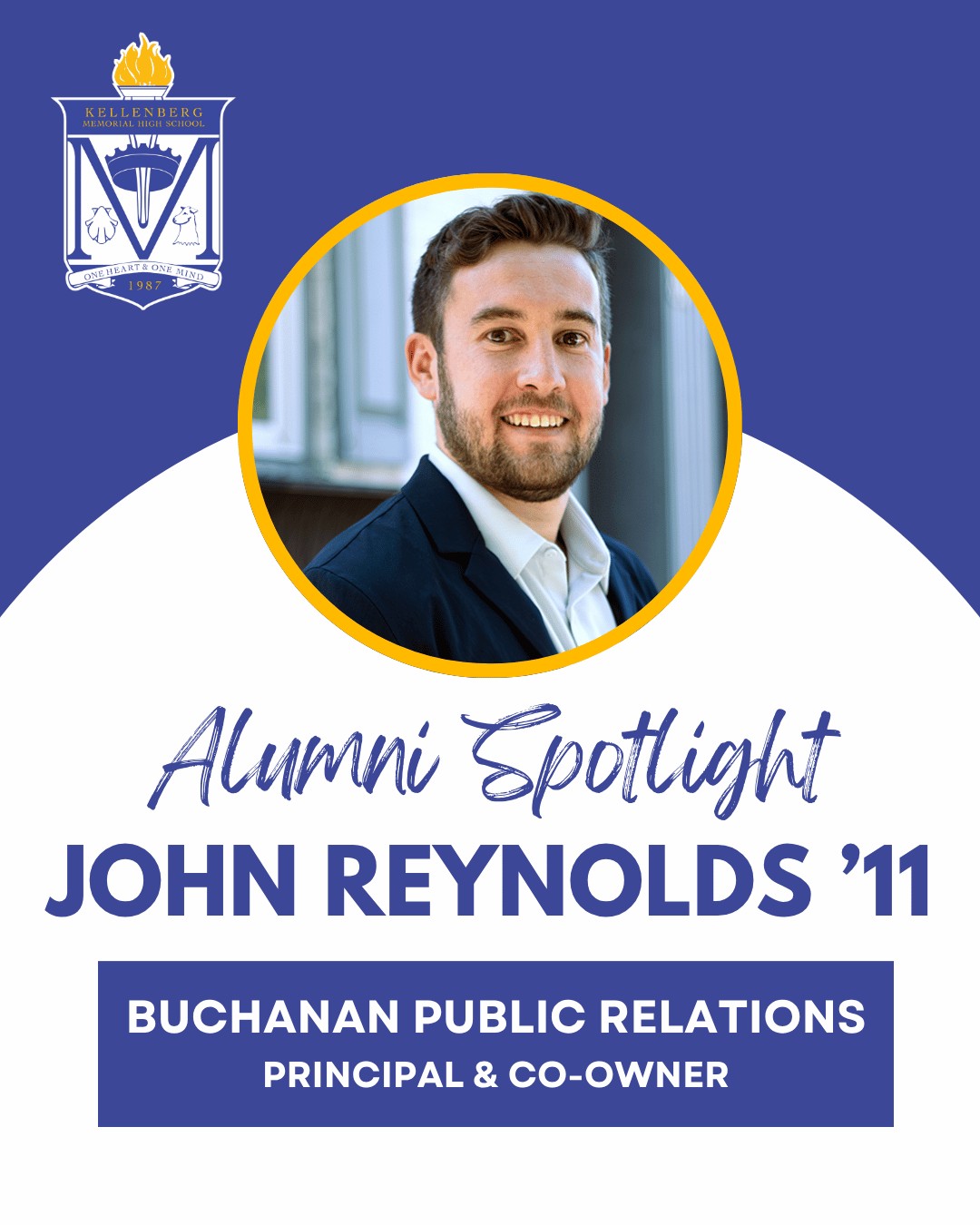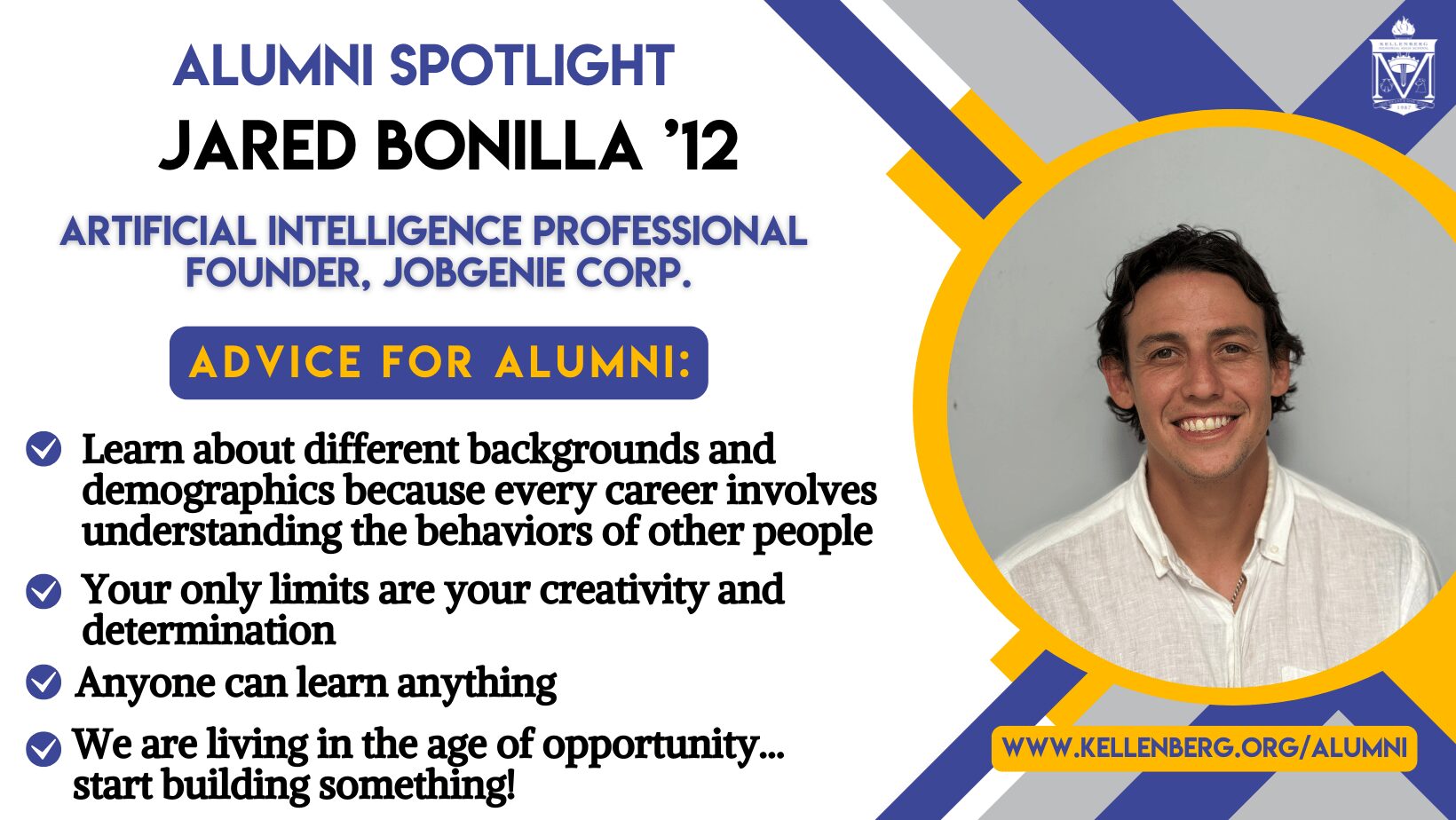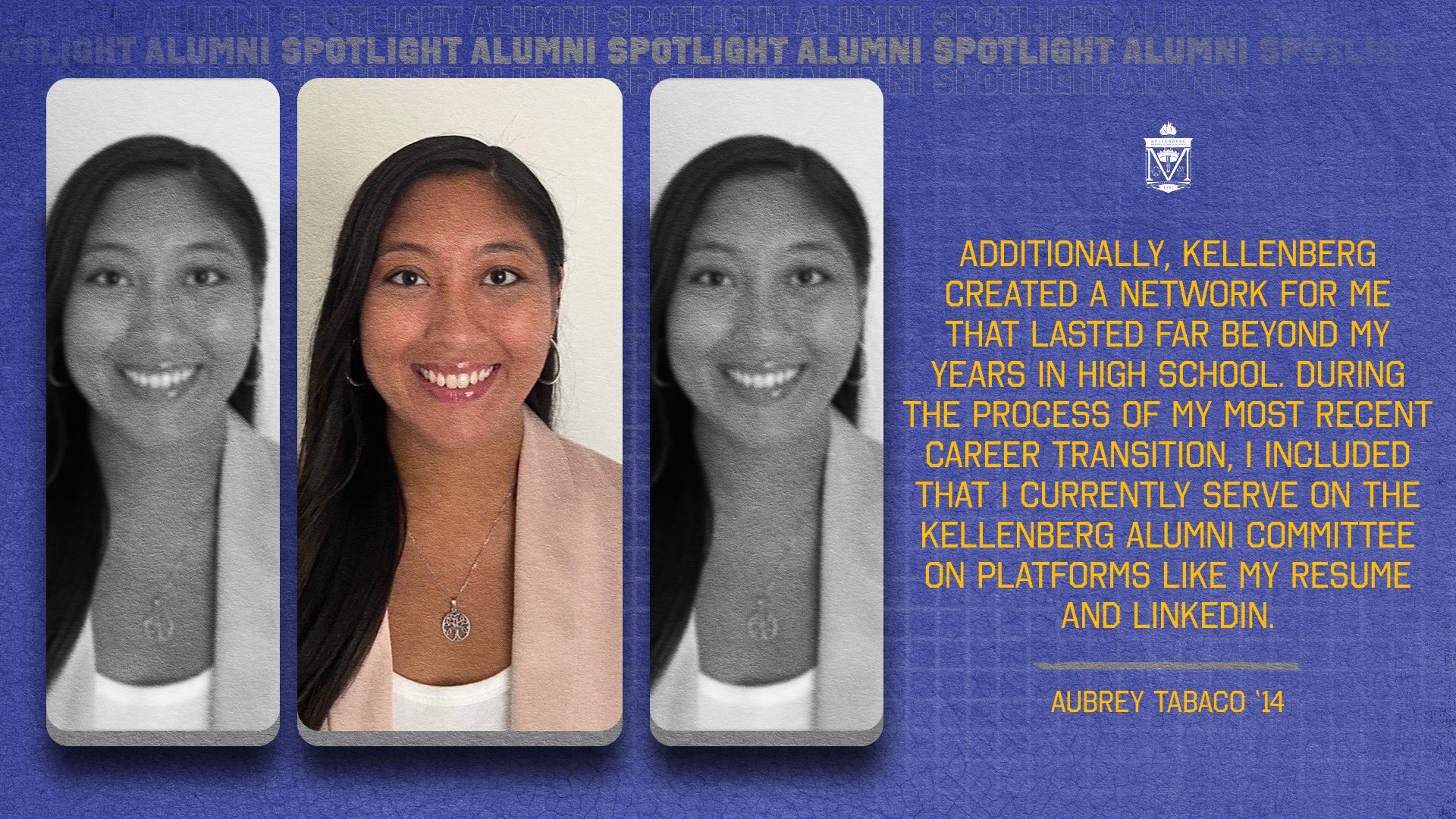Alumni Spotlight: Jessica Sherman ’98
Jessica Sherman ’98 serves as a Biological Science Technician (Soils) at US Department of Agriculture Agricultural Research Service. In this role, she is responsible for the day-to-day management of numerous field and plot scale research projects investigating soil and water quality, nutrient cycling, greenhouse gas emissions, and manure management in dairy-forage agriculture. Her work involves field sampling and data collection, lab analysis, data analysis, and the write-up of findings for peer-reviewed publication. Prior to joining the USDA ARS, Jessica was a Faculty Associate at UW Stevens Point, teaching introductory and field-based courses and preparing teaching labs for the Soils and Waste Resources department. She graduated from the University of Maine with a Master of Science degree in 2005 and from Saint Joseph’s University in Philadelphia, PA, with a Bachelor of Science degree in 2002. Jessica resides in Stevens Point, WI, with her husband, Jeff, and dog, Loki.
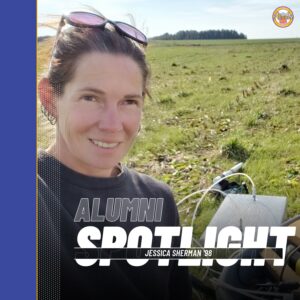 What inspired you to pursue a career in environmental science?
What inspired you to pursue a career in environmental science?
In high school I was interested in environmental science thinking it was focused on the preservation and conservation of natural resources; it wasn’t until a few years into college that I realized just how broad a field environmental science is. It is an area of study where biology, chemistry, and physics meet philosophy, history, and politics which makes it a complex field but is largely why I find it so interesting. I had a professor as an undergraduate who encouraged me to do research in her geochemistry lab, and then to go to graduate school. I think she heightened my appreciation for doing scientific research and gave me a better sense of the environmental inequalities that exist in America.
I didn’t even realize that soil science was a career choice until I was looking at graduate programs and found a research assistantship studying the effects of acid deposition on forested watersheds with a focus on soil chemistry. I never thought as a graduate student that I’d end up working on a research farm for the USDA, but after working in academia in a natural resources degree program for a few years I stumbled on my current position listing. I felt that the soil/hydrology/environmental impact focus of this program really fit my skill set despite my lack of practical agricultural experience. There was a learning curve going from natural resources to agronomy, and I definitely felt like a top-seeded amateur at first, but I enjoy the mix of field work, lab work, statistics, and writing, as well as the people I work with. I feel like I’m doing some really practical and applicable research that challenges me mentally and physically.
How do you think your time at Kellenberg Memorial helped to prepare you for your success in your academic and professional pursuits in environmental science?
I think my work ethic came from my time at Kellenberg. Not everyone in my position does the variety of things that I am able to do and part of that is being a self-starter and a goal-oriented person who works hard, puts in the hours, is organized, and gets things done; these ideals were ingrained in me in high school. Having a broad educational experience where religion, art, history, and English are as important as science and math not only gave me an appreciation for the complexity of environmental issues, but also helped nurture my creative side. I do a lot of creative problem solving and the building and maintenance of a vast array of equipment that requires outside-the-box critical thinking. I also appreciate the diversity of the student body. I think being able to work with and communicate with people of different backgrounds and experiences makes me a better colleague and researcher.
Do you have any advice for current students or young alumni who are interested in pursuing a career in the sciences?
First off, you need to appreciate the fact that there are a broad range of career options that are based in the sciences. A lot of people think of science as lab-based work but there are many positions outside the lab and there really is something for almost everyone. Environmental consulting, extension, regulation, and a lot of non-profit work is more about policy and working with people than doing chemical analysis. No matter what your interest, level of education, or background there are positions out there for you. You don’t have to have straight As in physics and calculus, or take all science courses, or have an M.S. or Ph.D.
If you can, do undergraduate research, take advantage of internships, volunteer for local organizations, and don’t be afraid to apply for and try different jobs. You might take a position you thought you’d love but isn’t fulfilling, and then you get a better idea of what you want to do. Or maybe something you thought was marginally interesting turns out to be your dream job.
Lastly, I’d say don’t sell yourself short, so what if you didn’t ace organic chemistry. If you are a hard worker and are willing to learn, there are a lot of people who will take a chance on you – especially if you have done internships, have a variety of work experience, took those tough undergraduate courses or if you have computer or other hands-on skills that could be applicable. There are also a lot of organizations structured so you can work your way up if you are missing some experience at first, so apply for that job and see what happens! I feel like there is talent out there but we still have trouble filling positions.
Do you have any favorite teachers, coaches, or club moderators from your time at Kellenberg Memorial?
I had too many great teachers to list but for moderators I enjoyed my time in Science Club and Science Olympiad with Mrs. Klimkowski and Bro. Nigel. I also appreciated Mr. Blanton holding Jazz Choir rehearsals late so we could do other activities between the end of class and practice. I think all the moderators and coaches put in a lot of extra time and effort that I probably appreciate more now than I did at the time.
Recent Posts:
Alumni Talk HBCUs at Panel Event
Alumni challenged common misconceptions and encouraged students to view HBCUs as competitive, diverse institutions that have produced leaders across fields such as medicine, law, education, business, and the arts.
Tee Time For Annual Golf Outing
Article by Phoenix writer Ryleigh O’Neill ’28: On Monday, September 22, Kellenberg held its 33rd Annual Golf Outing for faculty, students, alumni, and family. Guests
Alum Guides Health Science in Suture Workshop
Article by Phoenix writer Kevin Kirley ’25: On January 29, 20 members of the Health Science Club participated in a suturing class taught by Dr.
Alumna Encourages Young Entrepreneurs
Article by Phoenix writer Victoria Vakser ’26: Fresh out of college and already influencing students: On November 12th, KMHS Class of 2019 alum Reagan Mullaly


